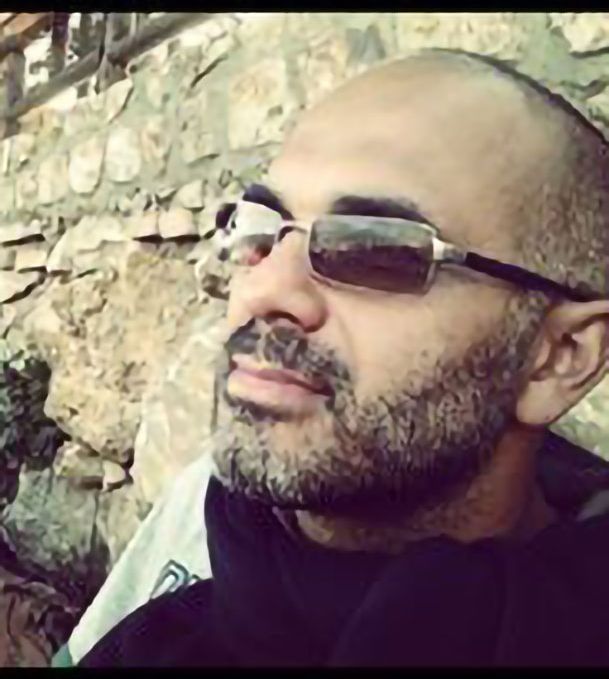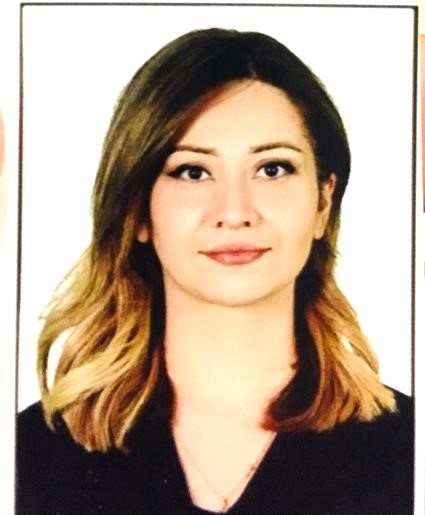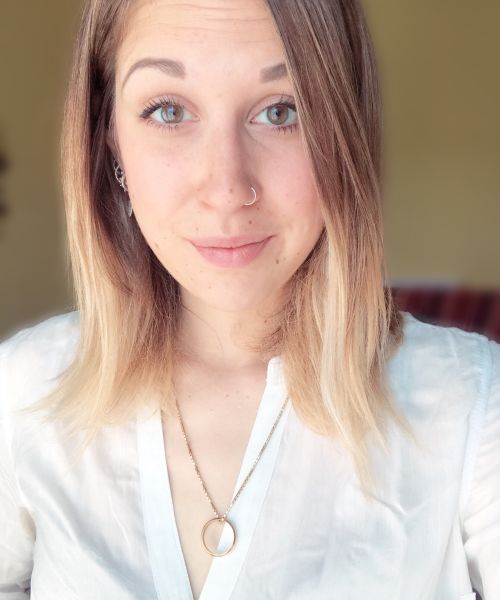DBB Partecipants

Prof. Francesco Moccia

Pawan Sirwan Faris
Pawan Sirwan Faris, born in 07 September 1985 in Kurdistan region/ Iraq. In 2019 she has got her PhD degree in Molecular Physiology in Salahaddin University-Erbil/Iraq and in collaboration with University of Pavia/Italy under supervision of Prof. Francesco Moccia. In 2015 she got her Master degree in Blood physiology in Salahaddin University. Currently, Dr. Faris is working as Post-Doctoral researcher at Department of Biology and Biotechnology “L. Spallanzani” University of Pavia/Italy. Up-to-date she could publish 10 scientific articles. During her PhD she could get a scholarship provided by Italian ministry of international cooperation and foreign afire (MAECI-Scholarship 2018-2019). Her PhD research was focusing on the potential role of Intracellular calcium ion (Ca2+) signaling in hallmarks of Human colorectal carcinoma. Moreover, she could work on different human cell types such as endothelial colony forming cells (ECFCs), Human brain endothelial cells, and Glioblastoma and Jurkat cells. During her research activity she could use different approach: Live cell imaging including Ca2+ and nitric oxide (NO), cell culturing, Western blot technique, qRT-PCR, Isolation of ECFCs from Human peripheral blood, proliferation, migration and in vitro tubulogenesis methods. Her current project is dealing with the optoceutical regulation based on nanotechnology in regulation of Human ECFCs Fate by targeting Intracellular Ca2+ signaling to restore cardiac function and revascularization in Human cardiovascular disorder.

Sharon Negri
Sharon Negri graduated in Biologia Sperimentale e Applicata in 2019 from University of Pavia. Now she is a PhD student in Physiology at the Department of Biology and Biotechnology “L. Spallanzani” of the University of Pavia, and a team member of the laboratory of Ca2+ signalling. Her research activity is mainly focused on the characterization of Ca2+ signals in different cell types, including human brain microvascular endothelial cells (HCMEC/D3) and endothelial colony forming cells (ECFCs). Her main objective is to manipulate ECFCs Ca2+ signalling for a better therapeutic outcome in ischemic disease.